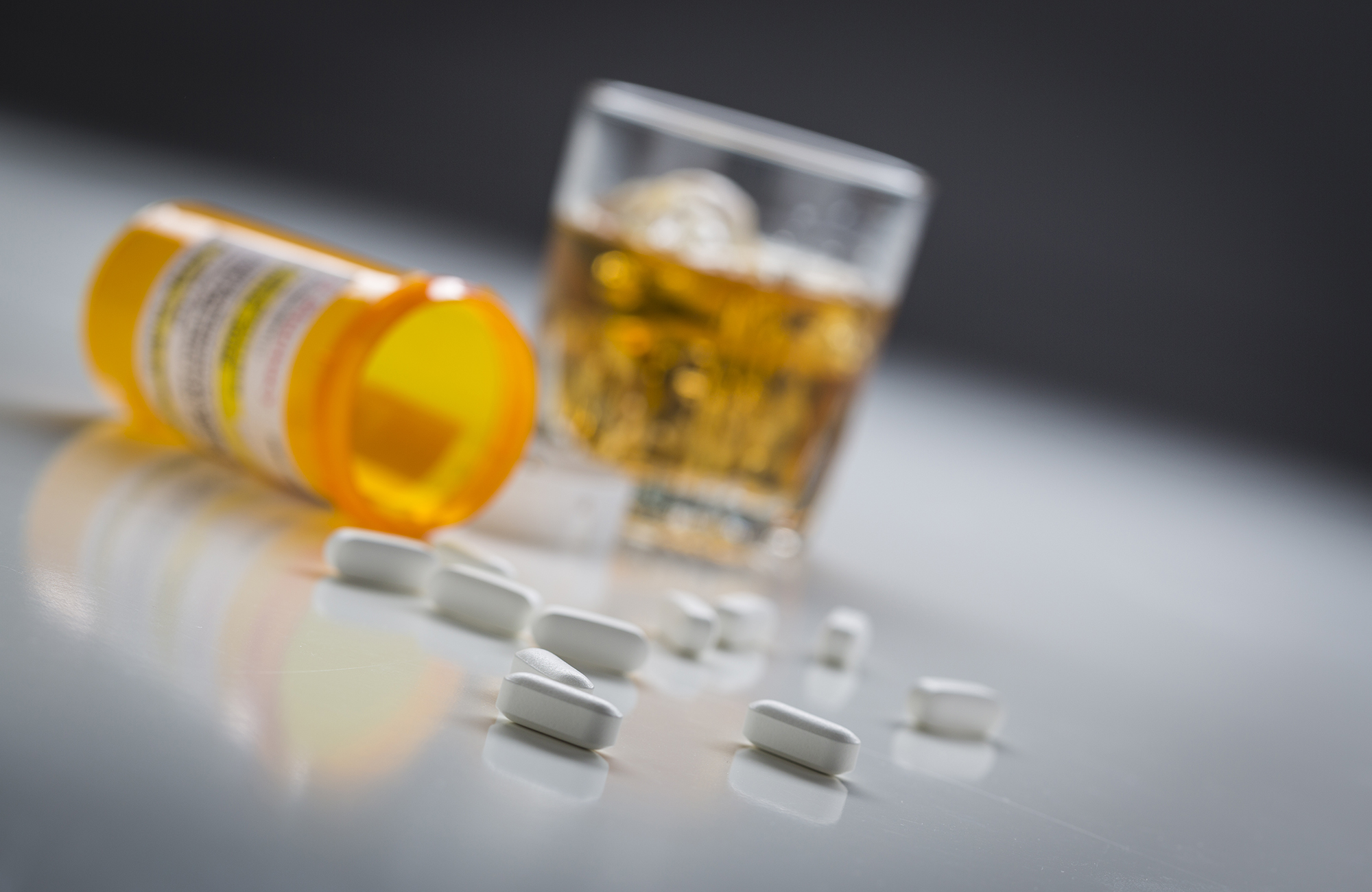The road to sobriety is marked with pitfalls and disheartening setbacks. Once you’re in drug addiction, recovery can feel like a hopeless impossibility. There are lots of low moments. You often contend with terrible withdrawal symptoms that may weaken your resolve to overcome your addiction.
Relapse is often imminent within the first couple of days of quitting drug addiction. While some people will lose heart and stop fighting their addiction problem, recovery is never out of reach.
The struggle for sobriety can seem grim, but with the right treatment and support, change is always possible. Even the worst cases of drug addiction have managed to achieve complete recovery. So no addiction is too profound to quit.
It is important to understand the reasons why people fail to follow through on their intentions to quit substance abuse. Understanding these reasons can help you find the right actions to overcome them.
So here’s a look at why it’s hard to overcome addiction even if you want to
Drug and alcohol addiction exerts a deep and powerful impact on the brain. This manifests itself the following distinct ways:
- Craving for the substance of addiction,
- Loss of control over the use of that substance
- Continued use or involvement with the substance despite experiencing its adverse effects
These are simply the tip of the iceberg when it comes to addiction. They simply represent the symptoms of a much deeper problem.
Normally, taking an addictive drug activates pathways in the brain that induce pleasurable effects. It is due to these pleasurable effects that drug users usually want to repeat the experience. However, sustained use of the drug in an attempt to repeat the pleasurable experience normally makes the brain develop tolerance to the effects.
Over time, the brain begins to require more of the substance to get that feeling. This means the individual has to take a greater dose to achieve the same effects.
In essence, the intake of drugs changes the brain’s reward system in significant ways. There is a chemical substance responsible for this experience: dopamine.

